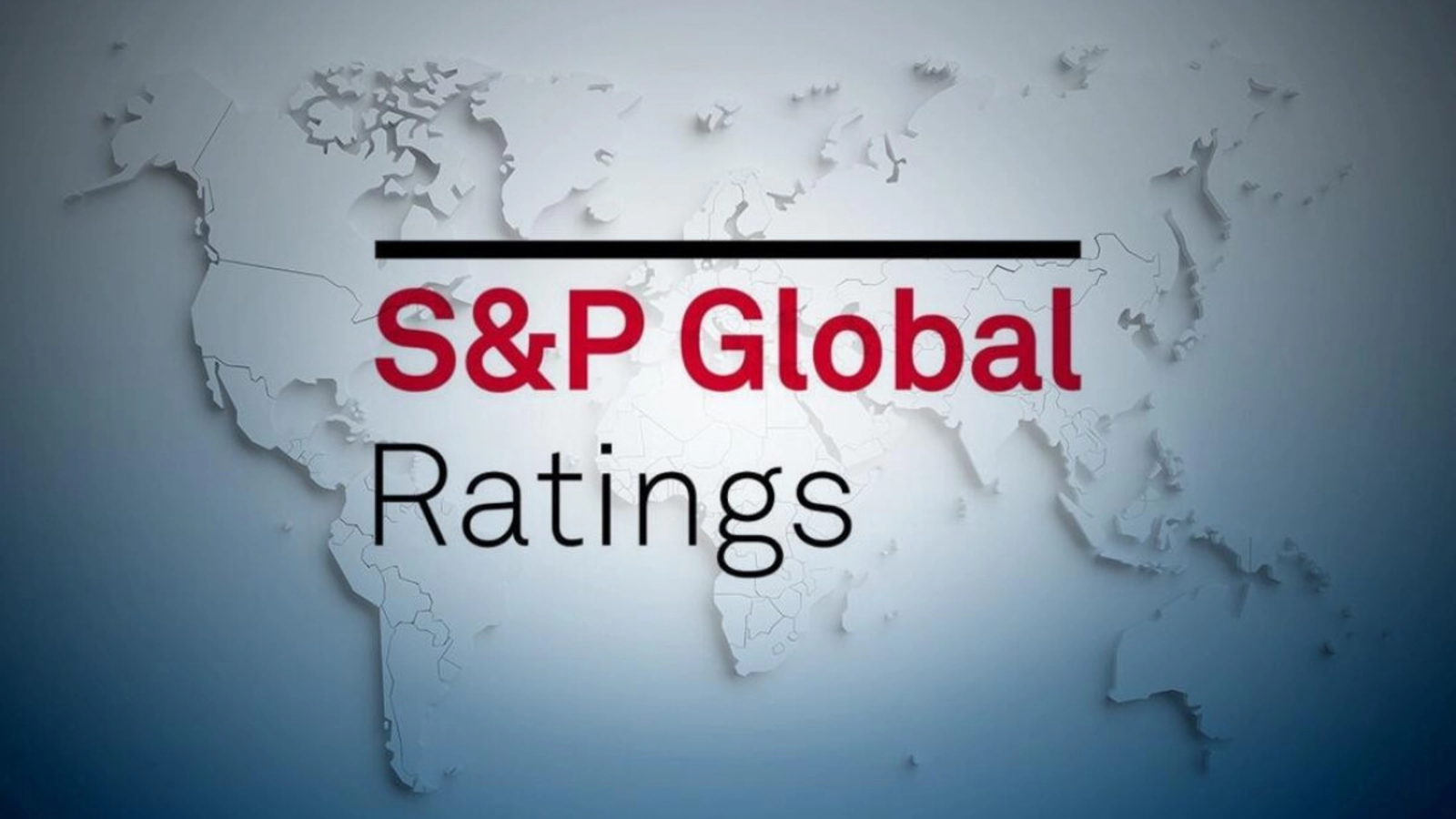S&P Global Ratings on Friday affirmed Romania "BBB-/A-3" ratings, but revised outlook to negative from stable on higher fiscal and external risks, according to a press statement released on Friday.
S&P Global says Romania's fragmented and uncertain political environment will likely delay the new government's fiscal consolidation agenda, and high pre-election spending pushed fiscal deficits to close to 8.7% of GDP in 2024, well above their expectations, which also signals challenges to cost containment amid a slowing economy.
Loose fiscal policies will keep the current account deficits (CADs) wide and increasingly financed by debt-creating flows, potentially exposing Romania to foreign investor confidence shocks.
"We therefore revised our outlook to negative from stable and affirmed our 'BBB-/A-3' sovereign credit ratings on Romania."
The negative outlook reflects S&P's view of rising risks to Romania's public finances over the next several years. This follows average deficits of 7.6% of GDP since 2020, while the debt-to-GDP ratio has increased by more than 15%.
In a downside scenario, S&P could lower the ratings if government policies alongside subdued economic growth led to higher-than-expected fiscal deficits over the medium term. In its view, this would result in a steeper increase of public debt and the interest burden, while also weighing on Romania's substantial CADs.
In an upside scenario, S&P could revert the outlook to stable if Romania's external and fiscal deficits narrowed substantially.
The agency revised the outlook to negative to reflect risks to Romania's public finances. In its view, delivering on the government fiscal consolidation plan could be challenging, not least because of the increased political fragmentation evidenced by the outcomes of last year's elections as well as slower economic growth prospects.
"In the absence of additional measures, we expect deficits will not dip below 6% of GDP before 2028. Public debt, net of liquid government assets, will exceed 60% of GDP by 2027 and the government's interest bill will likely settle around a high 8% of revenue over the medium term. Romania's fiscal deficits over the past few years--especially the deficit in 2024 of almost 8.7% of GDP--have substantially and consistently exceeded our expectations. Persistent budget overruns have resulted in nominal public debt increasing by a factor of 2.5x since 2020 and interest costs increasing by over 3.0x, increasing the government's debt rollover needs. Loose fiscal policies have also aggravated existing economic imbalances, such as one of the highest CADs of emerging markets globally, averaging close to 7% of GDP over the next few years."
The consolidation efforts of the new administration take place in a polarized political environment--following the annulment of the presidential election in December 2024--and a weaker growth outlook aggravated by stagnating economic activity in Romania's main trading partners, namely Germany. Delayed consolidation will likely keep existing macroeconomic imbalances elevated for longer. It could also result in a further delay of EU funds available to Romania if consolidation efforts fall short of the minimum fiscal correction required by the EU fiscal rules. The country has been under the European Commission (EC)'S Excessive Deficit Procedure (EDP) since 2020.
Economic growth in 2024 fell short of the agency's expectations as strong domestic demand mainly translated into import growth; and the agency thinks that Romania's growth outlook will remain challenging in 2025.
Romania's economy continues to face several structural challenges, including adverse demographic trends, which will persist in the longer run. The declining working-age population could increasingly drag on growth, absent reform efforts to address skill mismatches or improve the business environment, and ultimately to slow net emigration. Over the past decade, Romania's working-age population has decreased by about 1.1% per year, and we expect that this could moderate only marginally over the next few years.
Pre-election spending pushed the general government deficit to almost 8.7% of GDP in 2024, and the agency does not expect deficits to dip below 6% of GDP before 2028.
The pro-cyclical fiscal policy has widened the CAD, which will remain elevated at over 7% of GDP on average between 2025-2028. However, we still think that EU fund inflows will moderate the increase in external debt over the same period.
Fiscal policy has partly pushed inflation to the highest level in Central and Eastern Europe (CEE). In our view, price increases will likely remain above the National Bank of Romania (NBR)'s target range (at least over the next two years).
Romania's general government deficits have substantially exceeded S&P's previous expectation, with overall deficits in 2024 likely amounting to close to 8.7% of GDP in cash terms, compared to our previous estimate of 7.3% of GDP, which will make fiscal consolidation over the next years more challenging than expected.
The authorities have announced a series of consolidation measures. While the authorities are trying to consolidate public finances faster, we expect deficits will stay above 7.5% of GDP in 2025 and only slightly dip below 6% of GDP by 2028 in the absence of further fiscal adjustments. AGERPRES
































Comentează